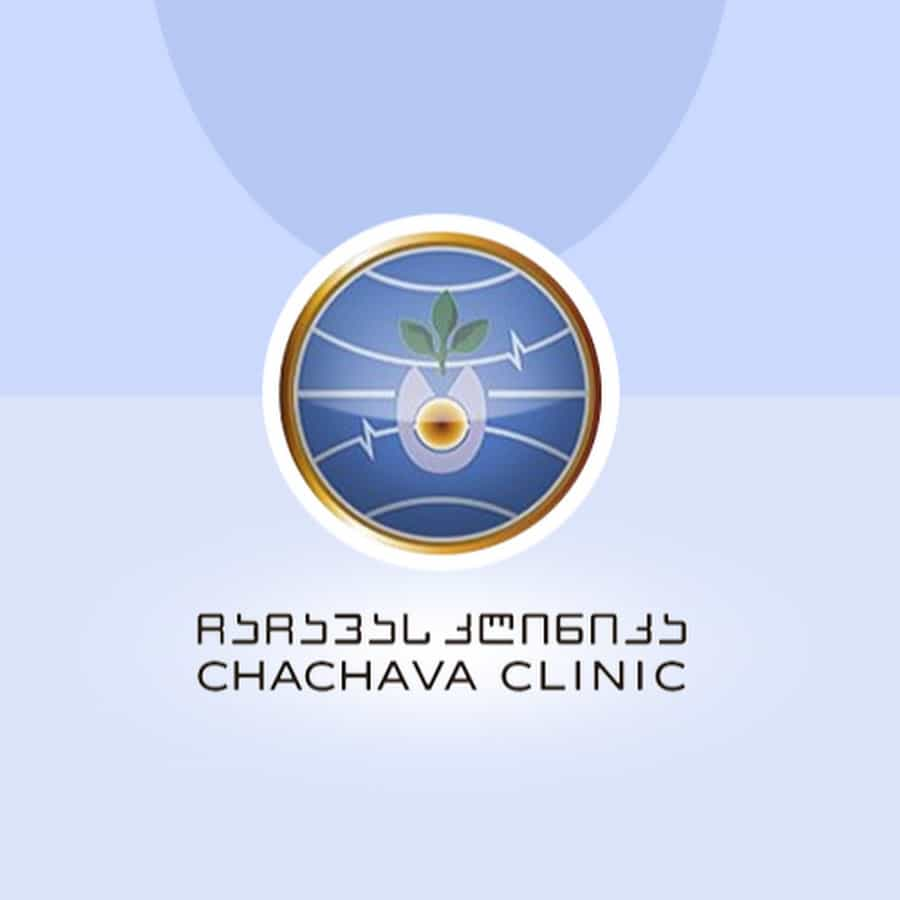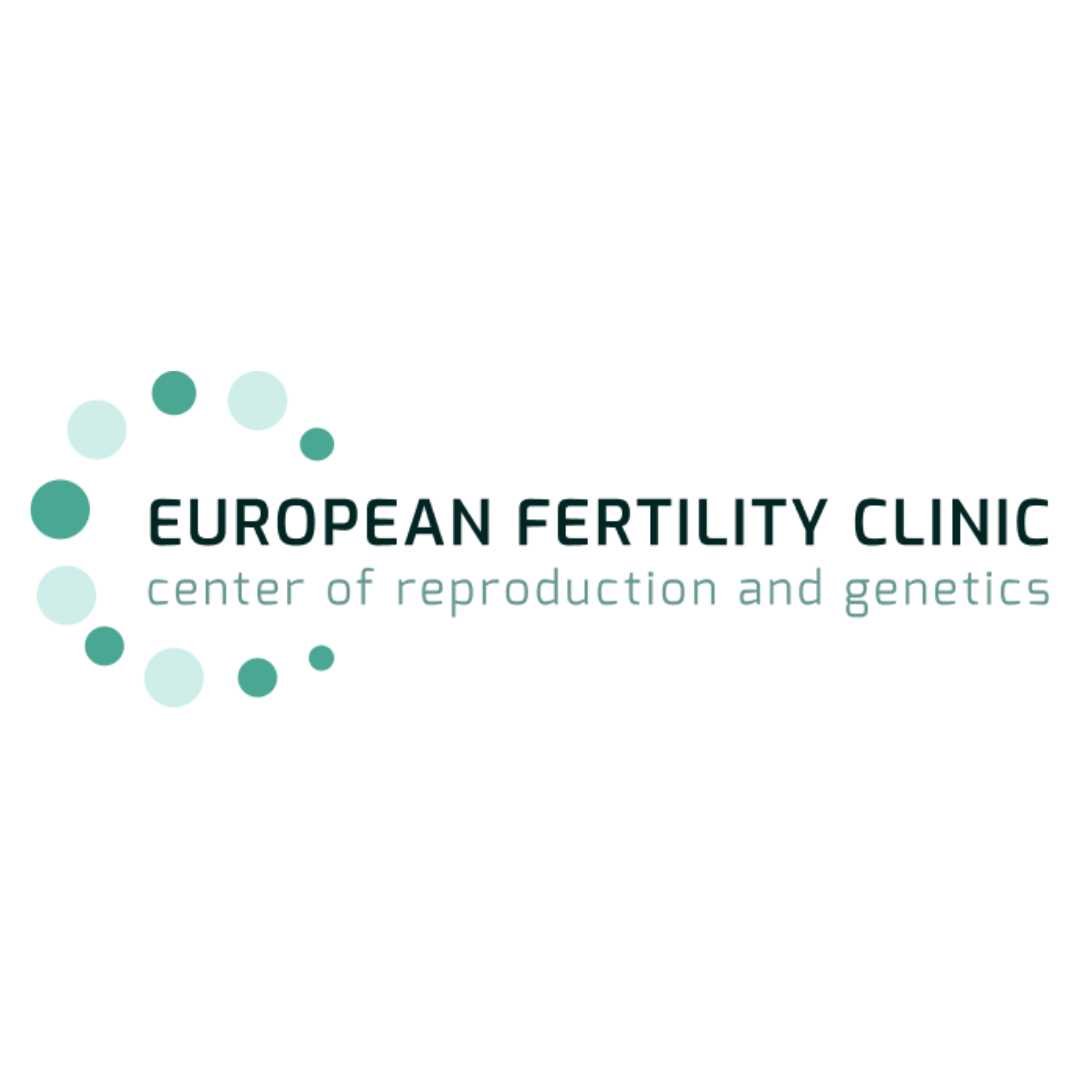Is Surrogacy in Georgia a Safe & Legal Option?

Yes, surrogacy is legal in the country of Georgia for heterosexual couples who have a medical necessity for it. This Eastern European nation has become a significant destination for international surrogacy due to its clear legal framework, which recognizes the intended parents as the legal parents from the moment of birth. This legal clarity, combined with the availability of experienced clinics and surrogates, has made Georgia a popular choice for those looking to build their families through surrogacy. However, it's crucial to understand the specific regulations and who is eligible to pursue this path. The legal landscape surrounding surrogacy in Georgia is distinct and has specific requirements that intended parents must meet. This guide will walk you through the most pressing questions about the legality and process of surrogacy in the country of Georgia, providing clear and concise answers to help you navigate your journey.
Is commercial surrogacy legal in Georgia?
"Yes, commercial surrogacy is legal in the country of Georgia. The law permits a surrogate to be financially compensated for carrying a pregnancy, in addition to having her medical and living expenses covered."
In the country of Georgia, the law allows for compensatory surrogacy arrangements. This means that intended parents can legally pay a surrogate a fee for her time, effort, and the physical demands of pregnancy. This compensation is separate from the reimbursement for medical costs, travel, and other pregnancy-related expenses.
This legal stance on commercial surrogacy is one of the primary reasons Georgia has become an attractive option for international intended parents. The ability to have a legally recognized and compensated agreement provides a clear structure for both the intended parents and the surrogate, ensuring that all parties are in agreement and their rights and responsibilities are well-defined from the outset.
Who is eligible for surrogacy in Georgia?
"Surrogacy in the country of Georgia is legally available to heterosexual couples who are either married or have been in a de facto relationship for at least one year. They must also have a medical reason that prevents them from carrying a pregnancy."
The Georgian law on surrogacy is specific about who can enter into a surrogacy agreement. The primary eligibility criterion is that the intended parents must be a heterosexual couple. This can be a legally married couple or a couple who can provide evidence of cohabitation for at least 12 months.
Furthermore, there must be a genuine medical need for surrogacy. This typically means the intended mother is unable to carry a pregnancy to term due to a medical condition, such as an absent uterus, a uterine abnormality, or a health condition that would make pregnancy dangerous for her or the baby. A medical certificate from a qualified doctor is required to prove this necessity.
Is surrogacy in Georgia legal for foreigners?
"Yes, surrogacy is currently legal for foreigners in the country of Georgia. A proposed law in 2023 that would have banned surrogacy for non-Georgian citizens did not pass, so the option remains available to international heterosexual couples."
One of the most significant concerns for international intended parents has been the legal status of surrogacy for foreigners. While there was a legislative proposal in 2023 to restrict surrogacy to Georgian citizens, this bill was not enacted. As a result, the legal framework continues to permit foreign heterosexual couples to pursue surrogacy in Georgia.
This makes Georgia one of the few countries in the world with a clear and favorable legal environment for international surrogacy. However, it is important for intended parents to stay informed about any potential future legislative changes, as the Georgian government has expressed a desire to regulate the industry more closely.
Are same-sex couples or single individuals allowed to pursue surrogacy in Georgia?
"No, the law in the country of Georgia explicitly restricts surrogacy to heterosexual couples. Same-sex couples and single individuals are not legally permitted to enter into surrogacy agreements in Georgia."
This is a critical point of distinction. The legal framework in the country of Georgia for surrogacy is not inclusive of same-sex couples or individuals who wish to become parents through this method. The law is clear that only a man and a woman in a relationship can be the intended parents in a surrogacy arrangement.
It is crucial not to confuse the laws of the country of Georgia with the laws of the U.S. state of Georgia, which has a more permissive legal environment for surrogacy that is open to same-sex couples and single parents. These are two entirely different legal jurisdictions.
What are the legal rights of intended parents in Georgia?
"In the country of Georgia, the intended parents are recognized as the legal parents of the child from the moment of birth. Their names are placed directly on the birth certificate, and the surrogate mother has no parental rights."
This is a cornerstone of Georgian surrogacy law and a significant advantage for intended parents. According to Article 143 of the Law of Georgia on Health Protection, upon the birth of the child, the commissioning couple is immediately registered as the legal parents.
This eliminates the need for a post-birth adoption process or court orders to establish legal parentage, which is often a complex and lengthy process in other countries. The surrogate mother's name does not appear on the birth certificate, and she has no legal claim to the child.
What is the legal process for surrogacy in Georgia?
"The legal process involves signing a notarized surrogacy agreement between the intended parents and the surrogate, undergoing the IVF and embryo transfer process, and then registering the birth of the child with the intended parents' names on the birth certificate."
The process is designed to be legally straightforward. Here are the typical steps:
- Initial Consultation and Agreement: The intended parents connect with a reputable surrogacy agency and clinic in Georgia. A detailed legal contract is drafted and signed by both the intended parents and the surrogate mother in the presence of a notary.
- Medical Procedures: The in-vitro fertilization (IVF) process is carried out, and the resulting embryo is transferred to the surrogate's uterus.
- Pregnancy and Birth: The surrogate carries the pregnancy to term with regular medical monitoring.
- Birth Registration: After the child is born, the clinic issues a birth notification. This, along with the notarized surrogacy agreement, is submitted to the Public Service Hall to obtain the birth certificate, which will list the intended parents as the legal mother and father.
What do Articles 143 and 144 of the Georgian Law on Health Protection say about surrogacy?
"Article 143 permits extracorporeal fertilization (IVF) and the transfer of an embryo into the uterus of a 'surrogate mother' for a couple where the woman cannot carry a pregnancy. It explicitly states the couple are the parents. Article 144 allows for the use of frozen gametes and embryos with the couple's consent."
These two articles form the legal basis for surrogacy in the country of Georgia. Article 143 specifically addresses the legality of using a surrogate and unequivocally establishes the parental rights of the intended parents. Article 144 provides the legal framework for using donated eggs, sperm, or previously frozen embryos in the process, which is often a necessary part of a surrogacy journey.
The clarity of these articles provides a high degree of legal security for intended parents, which is a primary draw for those considering surrogacy in Georgia.
Is there a difference between the surrogacy laws in the country of Georgia and the U.S. state of Georgia?
"Yes, there is a significant legal difference. The country of Georgia only permits surrogacy for heterosexual couples. In contrast, the U.S. state of Georgia is considered surrogacy-friendly and has a more permissive legal environment that allows for surrogacy for heterosexual couples, same-sex couples, and single individuals."
This is a frequent point of confusion that must be clarified. The legal frameworks are entirely separate and distinct.
- Country of Georgia: Located in the Caucasus region of Eurasia. Surrogacy is strictly limited to heterosexual couples with a medical need.
- U.S. State of Georgia: A state in the southeastern United States. It does not have a specific statute governing surrogacy, but case law has made it a favorable location for various types of intended parents, including the LGBTQ+ community.
What are the requirements for the surrogate mother in Georgia?
"Surrogate mothers in Georgia must meet certain criteria, including being of a specific age range, having had at least one healthy child of her own, and passing comprehensive medical and psychological screenings."
Reputable clinics and agencies in Georgia have stringent requirements for their surrogates to ensure the health and well-being of both the surrogate and the baby. These typically include:
- Age: Generally between 21 and 40 years old.
- Health: Must be in good physical and mental health.
- Pregnancy History: Must have successfully carried at least one pregnancy to term without major complications.
- Lifestyle: A stable living situation and a healthy lifestyle are also important considerations.
These criteria are in place to protect all parties involved and to maximize the chances of a successful and healthy surrogacy journey.
What happens after the baby is born?
"After the baby is born in Georgia, the intended parents are immediately recognized as the legal parents. They will receive a birth certificate with their names on it and can then begin the process of obtaining citizenship and a passport for their child from their home country's embassy."
The post-birth process is relatively streamlined. The hospital will issue a birth notification, which is used to obtain the official birth certificate. Once the birth certificate is issued, the intended parents can proceed with the necessary steps to take their baby home.
This usually involves contacting their country's embassy in Georgia or a nearby country to apply for the baby's citizenship and travel documents. The specific process and timeline for this will vary depending on the intended parents' country of origin.
Ready to explore your options for building a family? PlacidWay is your trusted partner in navigating the world of medical tourism and healthcare services. Discover leading clinics and expert legal guidance for your surrogacy journey. Explore PlacidWay for Your Healthcare Solutions


.png)







.png)






Share this listing